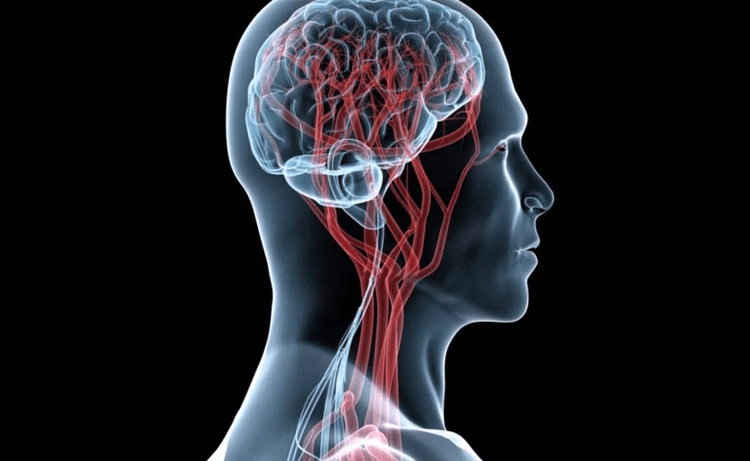 Maintaining one’s periodontal health is critical in keeping the teeth and surrounding oral structures stable, preventing recession and gum disease, and avoiding tooth loss. Moreover, a recent study confirms what health care professionals have increasingly suspected: there is a critical link between gum disease and Alzheimers.
Maintaining one’s periodontal health is critical in keeping the teeth and surrounding oral structures stable, preventing recession and gum disease, and avoiding tooth loss. Moreover, a recent study confirms what health care professionals have increasingly suspected: there is a critical link between gum disease and Alzheimers.
The study, titled “Porphyromonas gingivalis in Alzheimer’s disease brains: Evidence for Disease Causation and Treatment with Small-Molecule Inhibitors,” revealed the connection between periodontal disease and Alzheimer’s disease. In the study, researchers assessed the saliva, brain tissue, and spinal fluid from Alzheimer’s patients. Their findings revealed that the same bacteria that exists in plaque — porphyromonas gingivalis — was also found in the brains of almost all the patients.
It is significant that porphyromonas gingivalis, deemed the “keystone pathogen in chronic periodontitis, was found in almost 100% of the patients’ brains too. Porphyromonas gingivalis produces a protein that negatively affects neurotransmission. Neurotransmission, in turn, is linked to Alzheimer’s and dementia.
Porphyromonas gingivalis reaches the brain by entering the mouth, passing through the gums, and traveling through the bloodstream. For individuals with periodontal disease, bacteria enters the bloodstream through the mouth more easily. This is because periodontal disease is caused by plaque, and plaque breaks down the epithelial barrier between the gums and the bloodstream, facilitating bacteria’s entry into the bloodstream. Every time you chew, you experience bacterial showers in the bloodstream that enter through the capillaries that surround the roots in the teeth. The more that plaque destroys the epithelial barrier and invades the connective tissue around the teeth, the easier the bacteria can enter the bloodstream and reach the brain.
Bacteria passes with greater ease through diseased gums. Therefore it is no surprise that porphyromonas gingivalis, a pathology-causing bacteria indicated in periodontal disease, is also indicated in the brains of Alzheimer’s patients with periodontal disease. Given the damage porphyromonas gingivalis causes to neurotransmitters, it is imperative to endeavor to prevent such damage.
Periodontists have long realized the havoc that periodontal disease can wreak upon the entire physiological system. And with research establishing a harmful connection between periodontal disease and Alzheimer’s, it is more important than ever to keep your periodontal health at peak health, not only for the mouth but also the entire body.

For more information on this topic, listen to the Gum Guru Podcast by clicking the link below:
